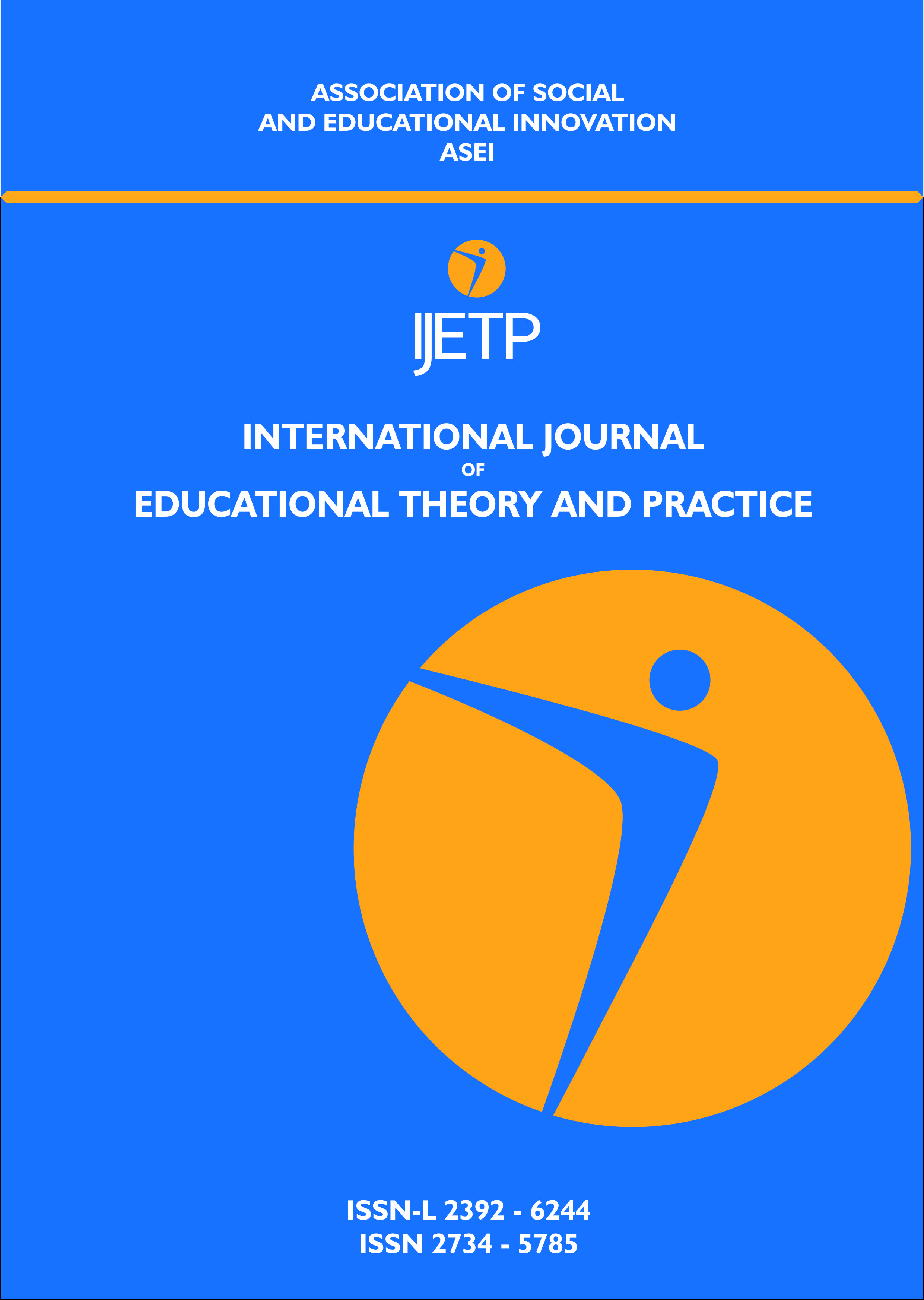CONTEXTUAL APPROACH AS A PRACTICE-ORIENTED TRAINING OF FUTURE TEACHERS IN ORGANIZATION OF LABOUR EDUCATION AMONG PRIMARY SCHOOL STUDENTS
CONTEXTUAL APPROACH AS A PRACTICE-ORIENTED TRAINING OF FUTURE TEACHERS IN ORGANIZATION OF LABOUR EDUCATION AMONG PRIMARY SCHOOL STUDENTS
Author(s): Viktoriia BalakirevaSubject(s): Anthropology, Education, Psychology, Preschool education, School education, Adult Education, Higher Education , History of Education, Educational Psychology, Individual Psychology, Developmental Psychology, Experimental Pschology, Sociology of Education, Pedagogy
Published by: Association of Social and Educational Innovation (ASEI)
Keywords: contextual approach; younger schoolchildren; preparation of future teachers; labor training;
Summary/Abstract: The article substantiates the context approach of preparing future teachers for labor education of junior pupils. The relevance of the mentioned problem in the conditions of modern Ukraine is proved. It has been found that pedagogical science has accumulated considerable experience in determining the essence and ways of implementing the context approach. The context approach is seen as a professionally oriented learning, in which knowledge, skills, and skills are acquired in the context of future professional activities. The main function of the context-based approach to learning is to create conditions for the transformation of educational and cognitive activity into a professional, thus modeling the educational environment, as close as possible to the form and content to the professional. The methodology of the context approach consists of three basic forms of activity: educational activity with a leading role of lectures and practical classes; quasi-professional, which is embodied in games, special courses; educational-professional (research work of students, technological practice, diploma and course designing). The implementation of the context approach in the process of preparing future teachers for elementary school to organize the work of pupils, promotes the development of professional skills of future professionals, helps to more objectively and accurately determine their professional suitability. The use of this approach sets not only the vector of personality development, but also creates conditions for it to plan a common, unified and compulsory development line, and assists each student, taking into account his available knowledge of knowledge, to improve and realize their individual abilities and successfully pass the formation process personality The context-based approach to the training of future primary school teachers in the context of reforming higher education ensures that the conditions for future vocational and pedagogical activities are brought closer.
Journal: International Journal of Educational Theory and Practice (IJETP)
- Issue Year: 7/2020
- Issue No: 14
- Page Range: 31-39
- Page Count: 9
- Language: English

